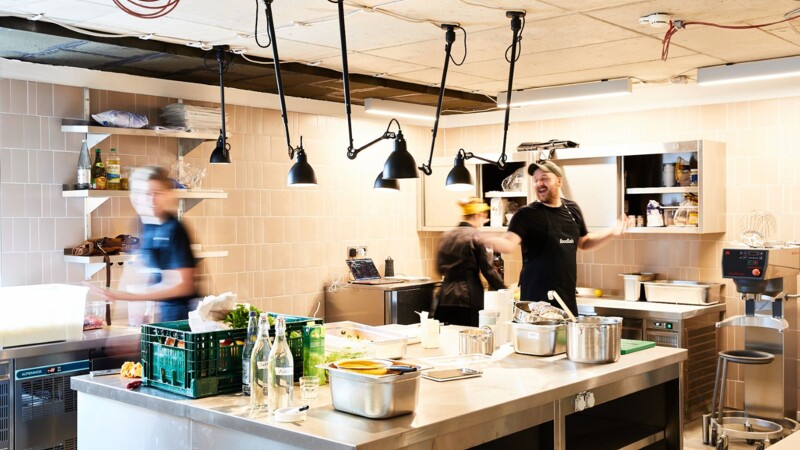"One approach to ensuring the viability of agriculture and food production in future would certainly be the use of AI and robotics," said Schröder. And this topped foodactive's annual think tank event in November. "Our guest, Block Foods, explained their innovative pasture management. The Block Group has its own regional cattle rearing scheme as well as robot-assisted logistics and supply chain. Then the GoodBytz team showed us the possibilities of their kitchen robots in production and catering." Robotics in the catering industry counts among the solutions to the ongoing shortage of skilled workers in the sector. The Block Group has invested EUR 12 million in GoodBytz with Oyster Bay Venture Capital. However, AI is interesting for the entire value chain in the food industry, Schröder stressed: "The approaches range from automated agriculture, logistics and organising raw materials to production and packaging."
The world's population is forecast to surge from 8.06 billion at present to around 10.35 billion by 2100. That begs the question of how sufficient food can be produced and ideally in a sustainable and climate-friendly manner. Enter foodactive. The food association in the Hamburg Metropolitan Region has around 150 members. Commenting on the way forward, Dr Annika B. Schröder, Managing Director, remarked: "Sustainable agriculture and food production are essential, supplemented by novel foods for feeding humanity in future."
AI and robotics in agriculture and food production
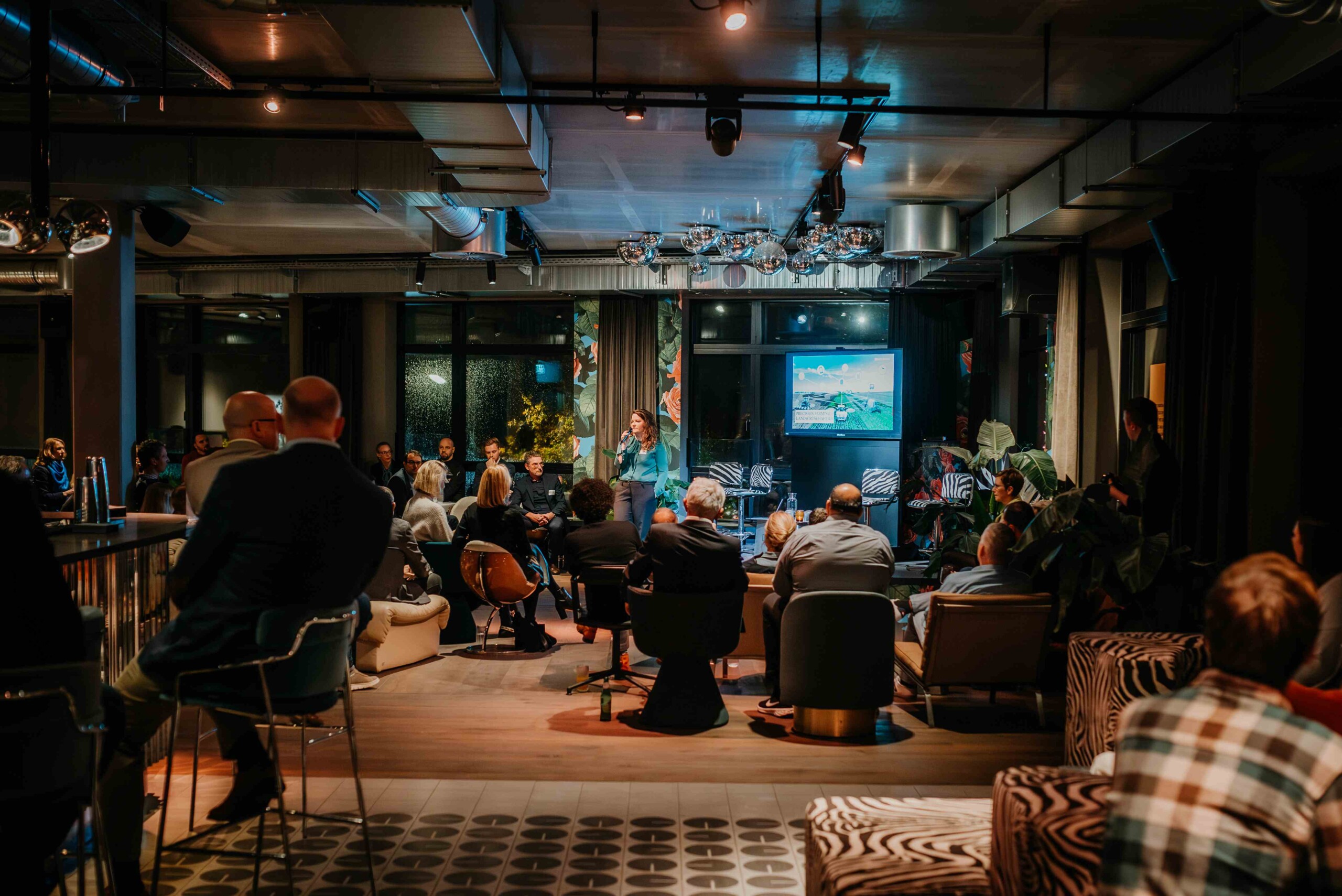
Events such as the think tank offer important networking opportunities, Schröder pointed out. And that is ultimately one of the association's main goals as it celebrated its tenth anniversary in 2023. "On the one hand, we want to link up the various stakeholders in the industry and enable them to tackle challenges together and learn from each other." On the other hand, foodactive brings its members together with experts e.g., those on the Supply Chain Due Diligence Act. "Although that only applies to large companies at present, it will affect the entire industry in future. We are trying to offer operational support."
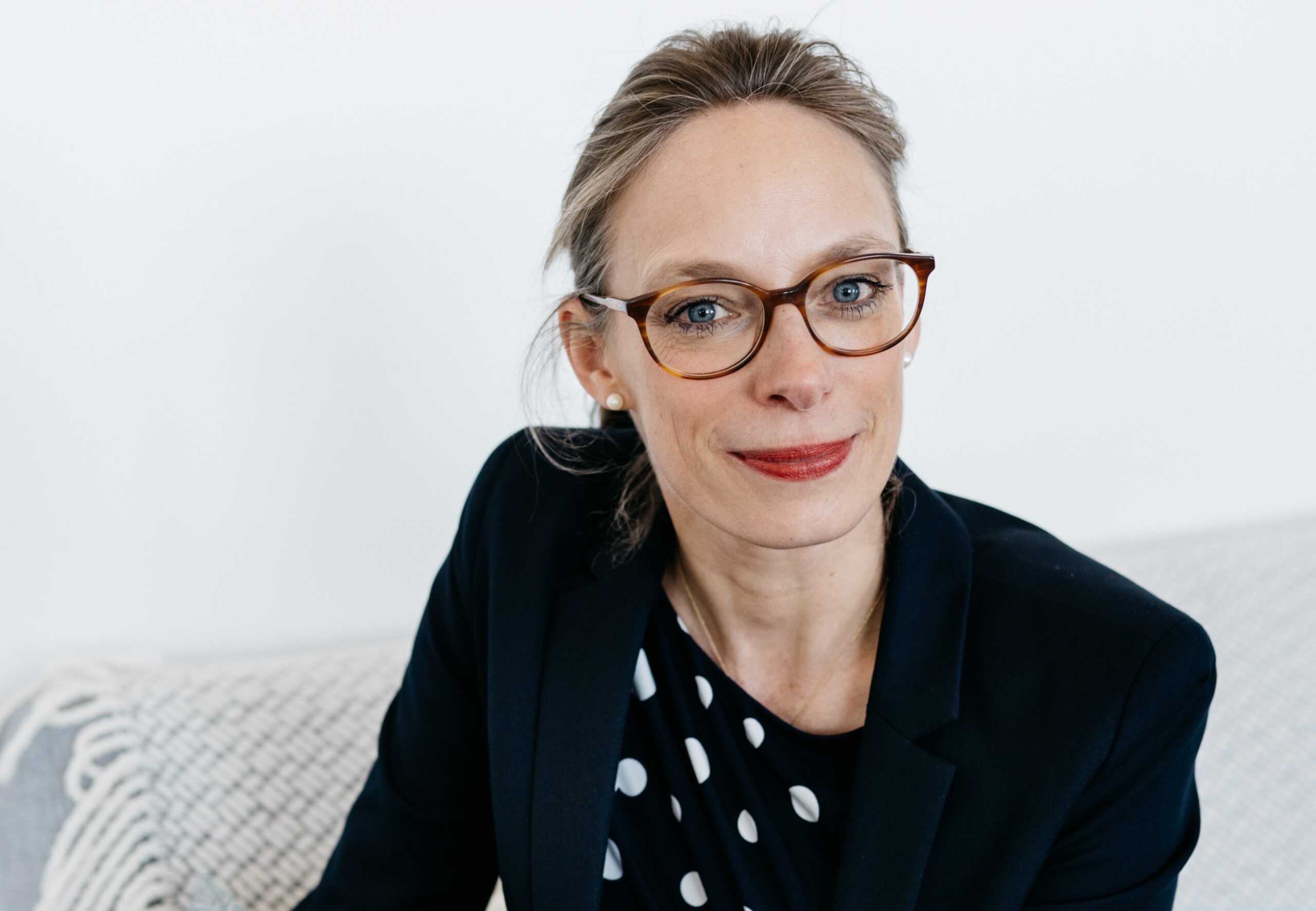
Hamburg's latest economic cluster
The new Food Cluster, which the senate has approved, also boosts networking. Foodactive has a 44 per cent stake in Food Cluster Hamburg GmbH, which is currently being set up. "The latest economic cluster should raise our visibility on a European level, strengthen the food industry in Hamburg and boost innovation," said Schröder. The cluster will also improve the framework conditions for 4,500 companies with around 123,000 employees in Hamburg. Emphasis is on knowledge transfer, sustainability and innovation. "Hamburg, with its history as a trading centre of teas, spices and dried fruit, is traditionally an attractive food location. In recent years, a vibrant start-up scene has developed, with many innovative approaches and a wealth of expertise." Overall, the food industry is extremely future-oriented," Schröder emphasised, citing the circular economy as an example. "More and more companies are focusing on using residual materials sensibly."
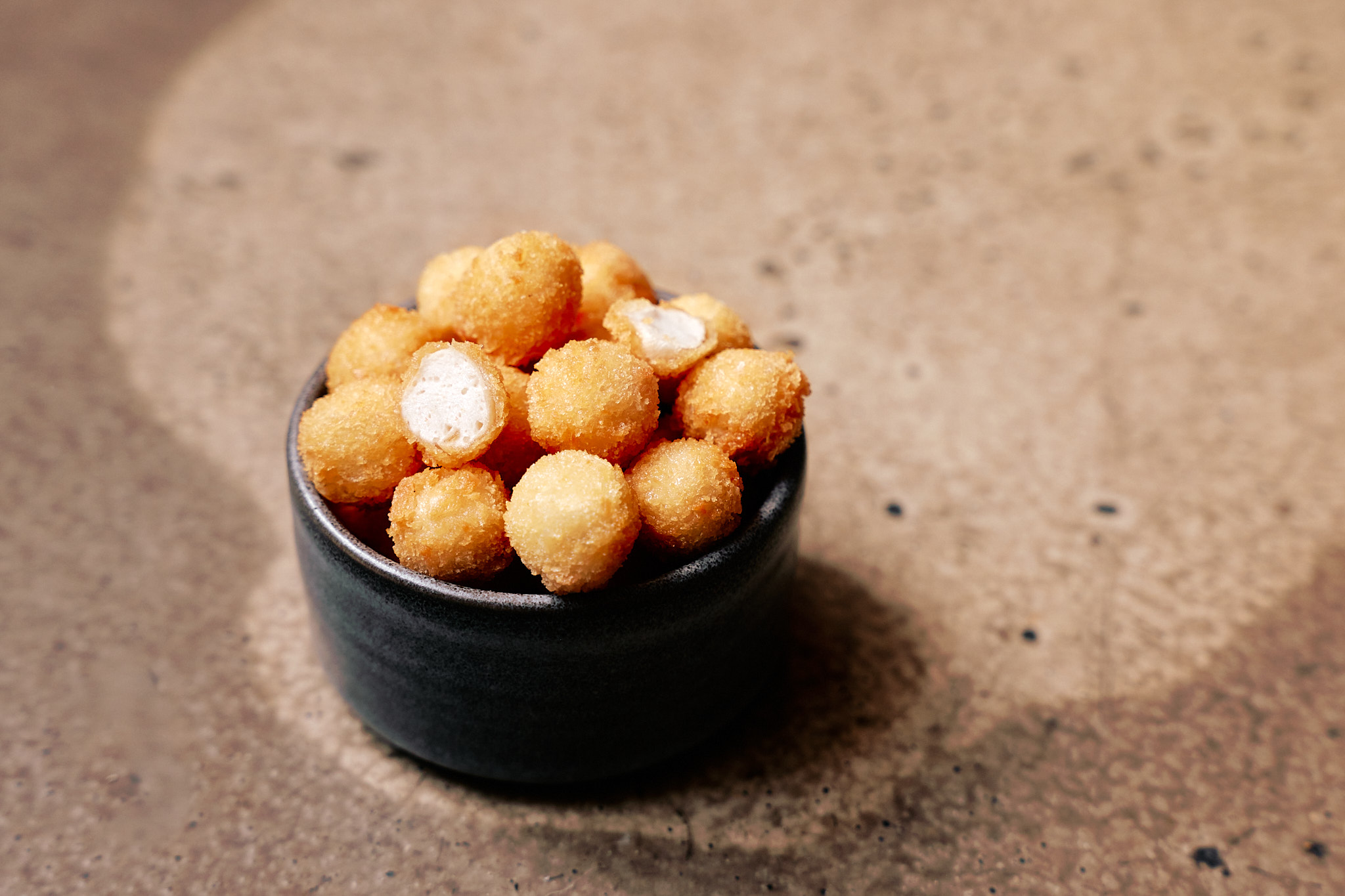
Paving way for novel foods
Novel food and the associated regulations are another topic on foodactive's agenda. Schröder cites Bluu Seafood as an example. The food biotech start-up, which emerged from the Fraunhofer IMTE, cultivates fish cells in a bioreactor. "Bluu Seafood recently moved into the former marzipan factory in Hamburg-Altona, where it has ideal growth opportunities. Novel foods should be authorised faster in the EU at some point. We must ensure swifter approval," she emphasised. Although the company's novel fish finger product is still being developed in the city, backed by the Hamburg Innovation Starter Fund, the product is more likely to go on sale in the United States or Singapore in the foreseeable future.
Hamburg as a centre of food
Yet, Hamburg is well positioned as a start-up centre, according to Schröder. "Hamburg has a broad base in the food industry with many established companies, scientific institutes and research facilities, start-ups and other stakeholders along the value chain. That results in wide-ranging opportunities for collaboration." And foodactive is doing its utmost to forge even closer links and to broaden the network.
ys/pb
Read the other parts in our series.
1) EEHH keeping a close eye on energy transition
2) Aviation becoming environment-friendlier
3) Creatives to sharpen focus on sustainability and creative AI
Sources and further information
More
Similar articles
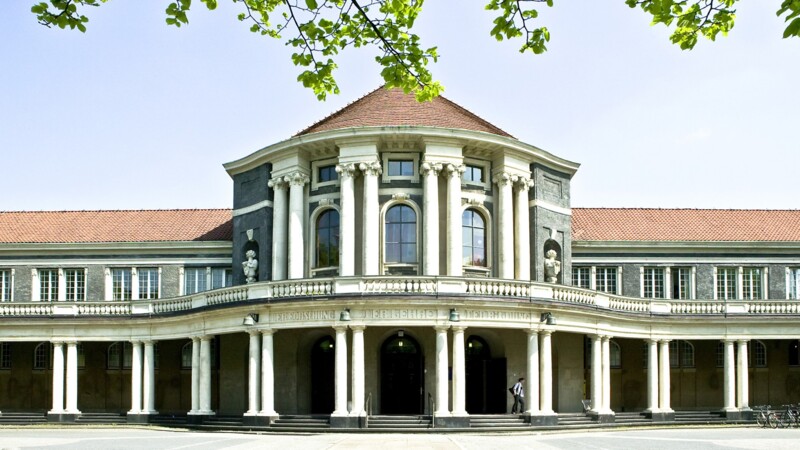
EUR 3.1 million for research into meat industry
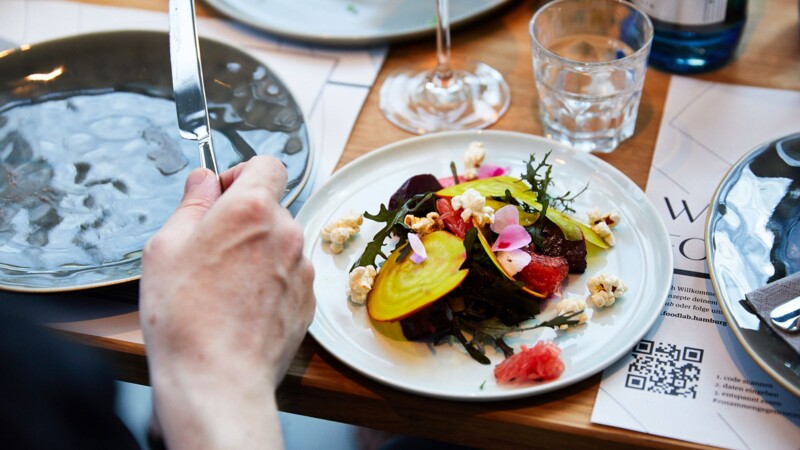
Foodlab accelerator coming up with recipes for success
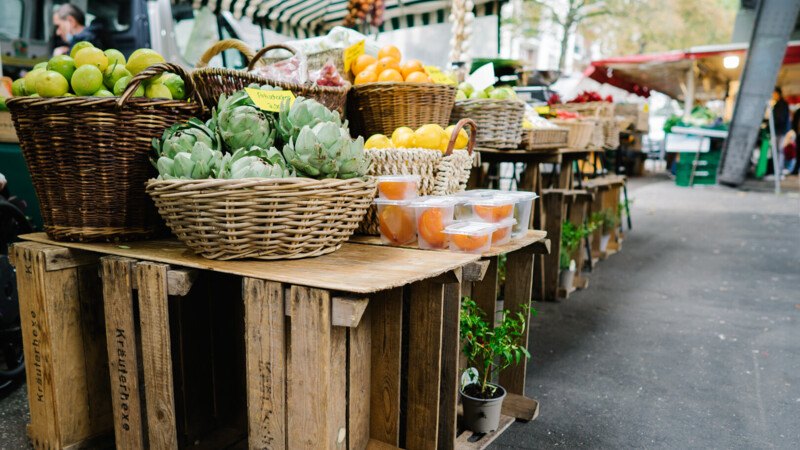
Senate plans new food cluster to boost industry in Hamburg
